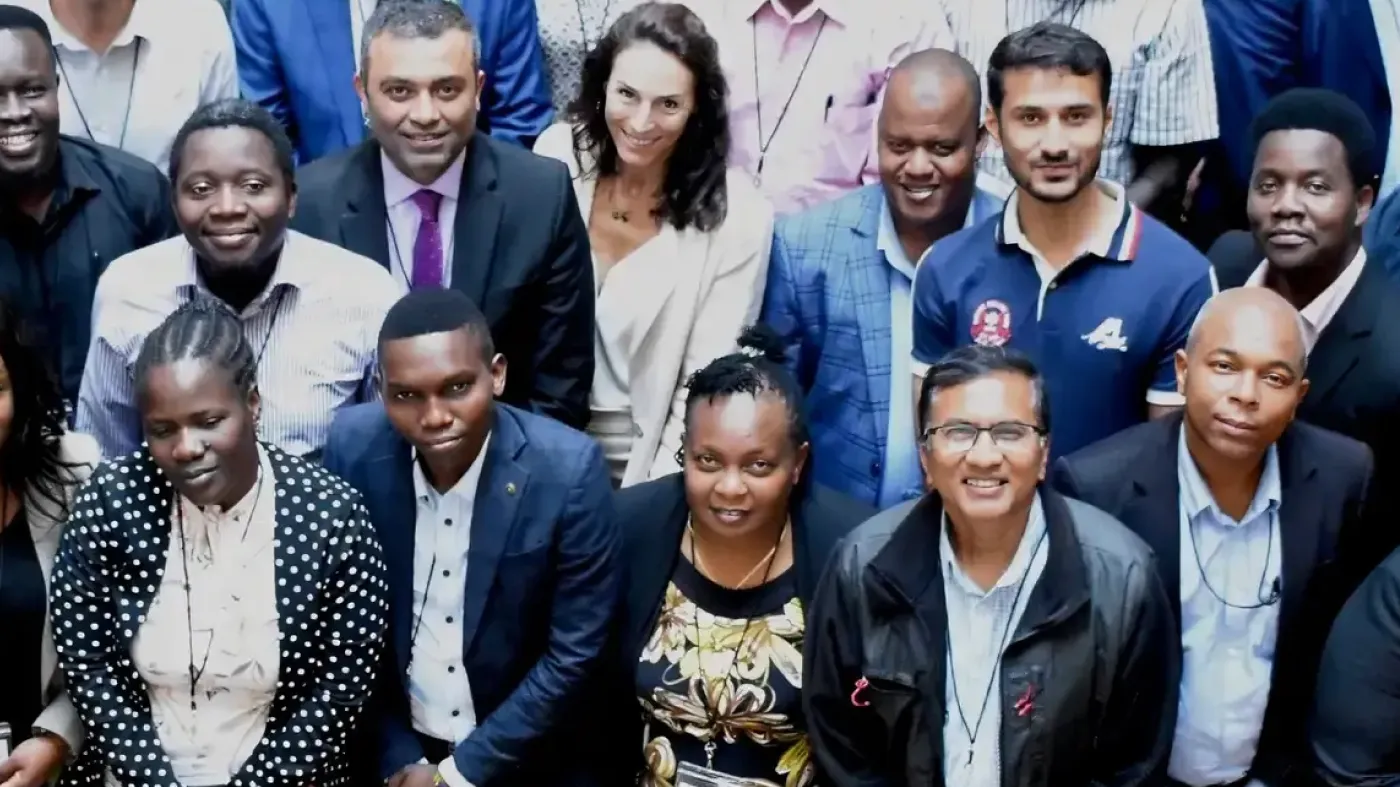Download All Country Data
As Ebola virus continues to crop up in the Democratic Republic of Congo (DRC), neighboring Tanzania has been gearing up to combat the virus, starting with its health care workers. Health care workers are at the front lines of disease outbreaks, yet they are often the most vulnerable, especially before an outbreak like Ebola is recognized. So as soon as Ebola resurfaced in the DRC earlier this year, health officials sprang into action. Tanzania increased traveler screening along its border with its neighbor and began training workers to detect potential Ebola cases early and respond quickly.
The key lay in training community-based health care workers to recognize early signs of the disease, investigate and quell rumors, and assist in tracing contacts between infected people and those who may have been exposed, said Dr. Janneth Maridadi Mghamba, Assistant Director of Epidemiology at the Tanzania Ministry of Health and Social Welfare.
“Based on the past outbreaks, including the current cholera outbreak—because we have really a very big cholera outbreak—we have seen that those cases that are very sick will report to the health care facilities,” she said of patients. “But mild cases are treated locally in the community.”
In the case of the current cholera outbreak, for instance, people are dying needlessly because they are only visiting health care facilities if they are severely ill, explained Dr. Mghamba—by which time it’s often too late. In the case of Ebola, this could be disastrous.
Part of the program involved convincing communities to participate in Ebola preparation even though no one has contracted it. To do so, Tanzanian Vice President Samia Suluhu Hassan visited the Kigoma region and appealed to residents “to protect the country,” Dr. Mghamba recounted, “a big incentive for us” that ensured “that the communities are owning this process.”
In fact community health care workers are actually requesting the training, Dr. Mghamba said.
“During one of the visitations by our vice president in the Kigoma region—and the Kigoma region borders the DRC—she made it very clear,” Dr. Mghamba said. “She pleaded that the community should be part and parcel of the surveillance system. And that is why most of the community people are asking.”
In many countries, the health infrastructure only starts preparing for Ebola once a few cases had made their way inside the borders. Tanzania stands out in doing that in the absence of those cases.
As of mid October, 150 people in seven of the eight most vulnerable regions have received training, Dr. Mghamba said. While no occurrences of Ebola have been recorded in Tanzania, public health workers are being trained to spot infections early and to protect themselves, both to prevent infections and to avoid becoming unwitting vectors themselves. Tanzania shares a border with the DRC, and there are strong business and trade relationships between the two countries, making ports of entry a key point of surveillance, according to Dr. Mghamba. “There’s a lot of travel and trade.”
Back in May, the World Health Organization (WHO) assessed Tanzania’s readiness and held a four-day training for epidemiologists, clinicians, laboratory experts, communication officers, social mobilization experts, logisticians, psychosocial support experts, data managers, infection prevention and other experts who are likely to be deployed as members of Rapid Response Teams in the case of an Ebola alert.
However, the first line of defense is informal healers in local communities, pointed out Dr. Mghamba. These liaisons, serving as “eyes and ears on the ground,” are being trained to spot the earliest signs and symptoms of Ebola. They have been provided with lay-case definitions in the local language and the phone number of a nearby health facility whose personnel will come and verify an incident. These workers also assist in contact tracing, putting medical professionals and experts in touch with those in the community who might also have been exposed.
Health care workers serve as sensors for when things go poorly in outbreaks. Often they are overlooked until those treating a disease outbreak die. That is usually the first clue that something is seriously wrong and has expanded beyond a normal round of low-grade illness.
The majority of health care worker deaths are preventable during an Ebola outbreak. Tanzania is taking steps to ensure health care employees don’t die for lack of equipment and training. The country is a good example of preparedness in the immediate and long term.
Dr. Mghamba thinks other countries, especially in Africa, should do the same.
“In most of the African countries I could say we really need to invest in ensuring that the clinicians working in the health facility at the lowest level knows what to do when they see a suspected case,” Dr. Mghamba said. “And we should not only concentrate on the rapid response teams but we need to ensure that the health care worker who detects a case knows very well what needs to be done, has the protective equipment and knows what to do.”






